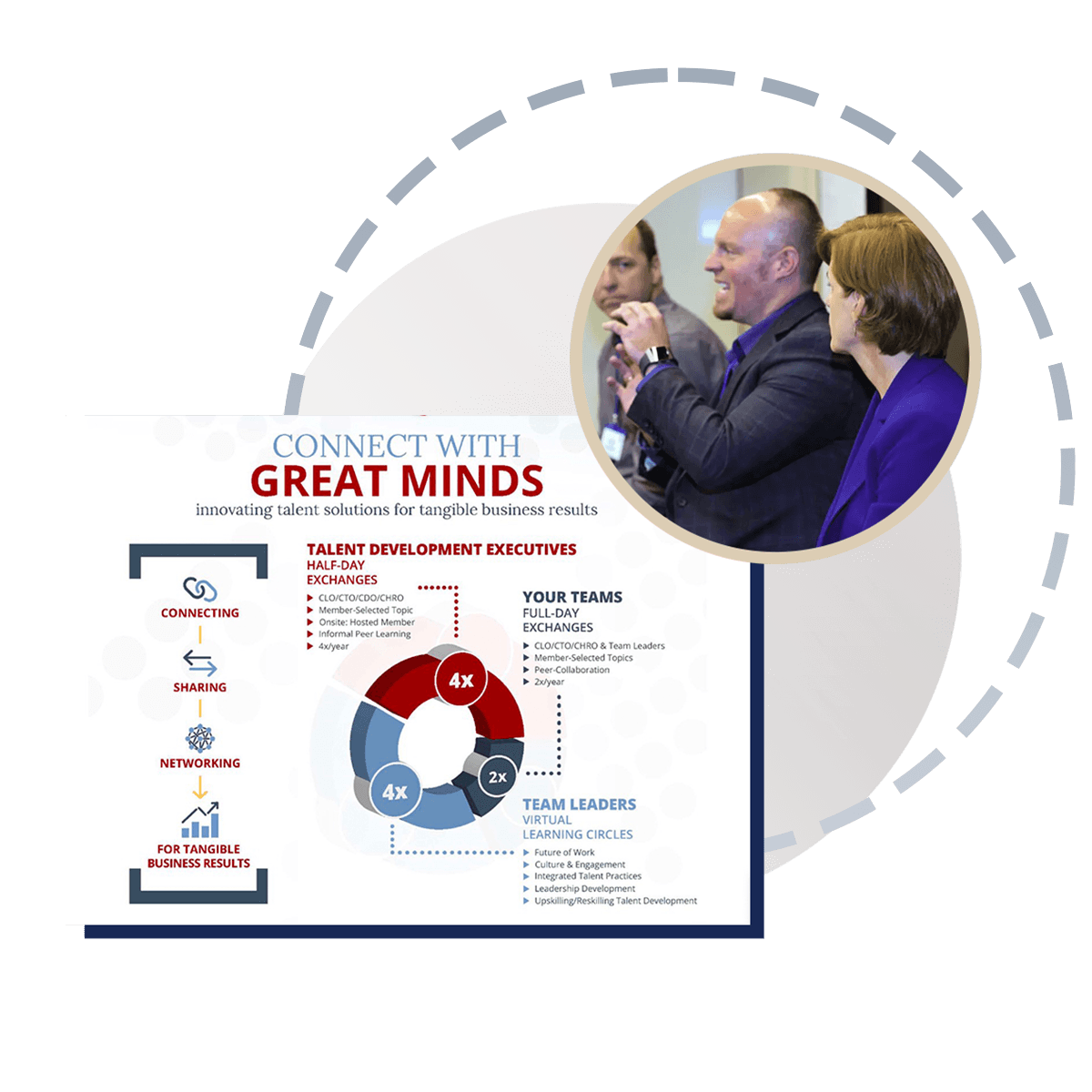This session provided a powerful look at how American manufacturing must evolve—not just through machines, but through mindsets.
As automation, AI, and digital twin technologies redefine production, a widening skills gap threatens both prosperity and progress. Newton Moore (Daley College) and Joe Hamann (Connected Systems Institute) shared how they're closing this gap by connecting classrooms with real-world manufacturing challenges—from student hackathons to hands-on training in cutting-edge facilities.
💬 “You have to create your talent both externally and internally.” -- a participant echoed, sharing insights from Newton Moore and Joe Hamann.
That message hits home. It’s no longer enough to recruit ready-made talent—employers must actively partner in growing it.

🔑 Key Takeaways for HR & Talent Leaders:
-
Technology is outpacing education, creating real social and economic risks.
-
Hybrid talent is in demand: today’s roles blend digital, mechanical, and software fluency.
-
Hands-on learning matters: hackathons, apprenticeships, and micro-internships build job-ready skills.
-
Brand manufacturing differently: today’s plants are high-tech, high-pay, and high-impact.
-
Shared responsibility is critical: HR must work across internal and external ecosystems to build tomorrow’s workforce.
🛠️ Practical Next Steps:
✅ Launch or sponsor experiential programs with educational partners.
✅ Build joint research or curriculum advisory councils with local colleges.
✅ Reframe manufacturing jobs as high-tech, high-reward career paths.
✅ Enable reskilling with short, stackable credential pathways.
✅ Champion internal talent mobility through mentoring and real-world L&D.
As the technology revolution accelerates, manufacturing’s future hinges on how boldly we rethink talent development. Programs like those at Daly College and the Connected Systems Institute prove that when education and industry move in lockstep, we don’t just close skill gaps—we expand economic opportunity and community prosperity. For HR leaders, this is more than a workforce challenge—it’s a chance to be architects of a more inclusive, high-tech future of work.
Let’s keep the momentum going.
💬 Share how your organization is investing in the future workforce on ELE Idea Exchange.
